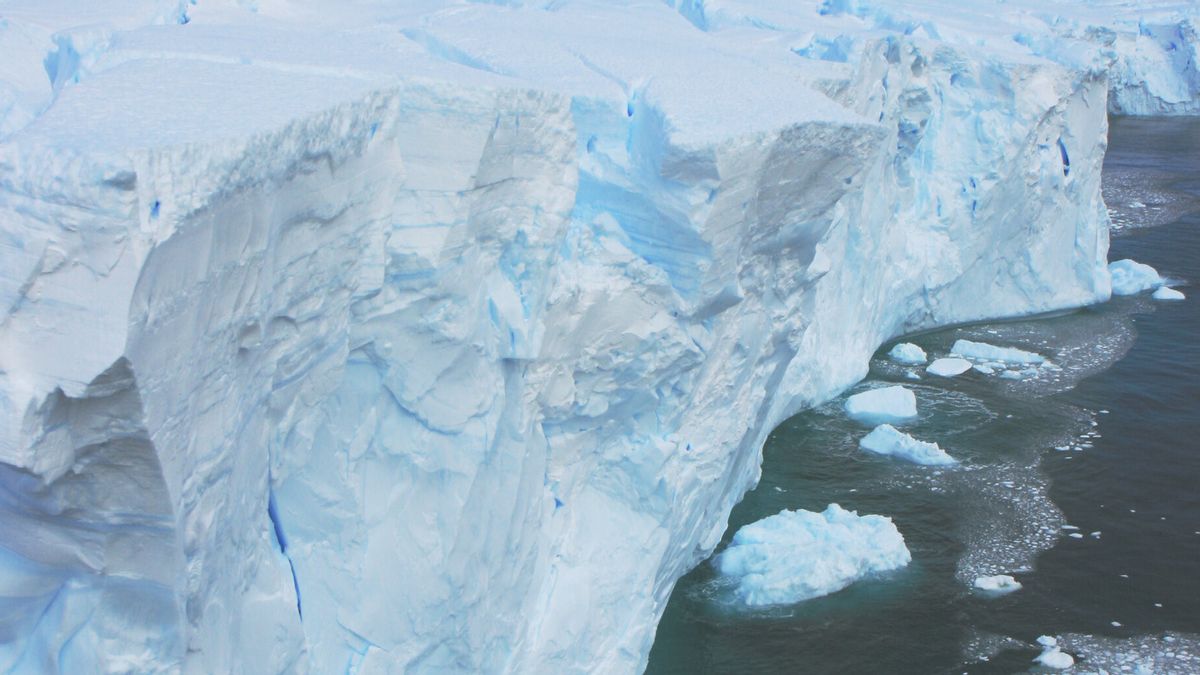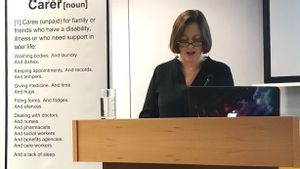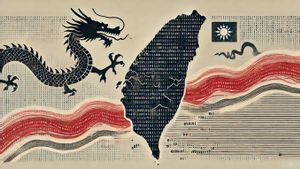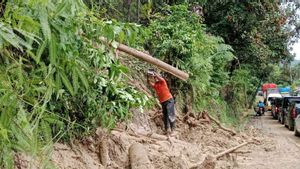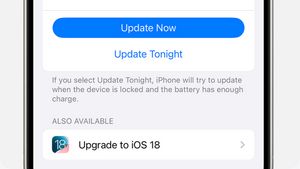JAKARTA So far, researchers have been hit with difficulties in mapping large icebergs. They find it difficult to read the radar of Sentinel-1, a satellite operated by the European Space Agency (ESA).
This happens because the environmental conditions are complex to the image between icebergs and ice in the sea is difficult to distinguish. However, this problem has been resolved after they utilized a neural network or neural network.
From the ESA report, researchers are now able to map the outline of the iceberg with the help of a neural network called the U-net. This Artificial Intelligence (AI) method even managed to map a large iceberg in just 0.01 seconds.
"The ability to automatically map the extent of the iceberg with increased speed and accuracy will allow us to observe changes in the iceberg area for several giant icebergs more easily," said Anne Braakmann-Folgmann researcher, quoted by VOI from the ESA release.
The rapid detection of this image occurs because the neural network is able to understand complicated non-linear relationships. This system of AI is also able to consider the context of the image very well.
BACA JUGA:
To map the iceberg, the U-net will analyze the images resulting from the Sentinel-1 satellite imagery. So far, the U-net has been attempted to seven icebergs with a minimum size of Bern and a maximum size of Hong Kong.
Its accuracy shows 99 percent. The U-net has helped researchers and its capabilities have surpassed the previous Sentinel-1 image reader system. This AI model works 10,000 times faster than humans when mapping the iceberg.
With 99 percent accuracy, this new model is said to have surpassed previous automation efforts, which often had difficulty distinguishing between icebergs and sea ice and other features. It is also 10,000 times faster than humans in mapping the iceberg.
The English, Chinese, Japanese, Arabic, and French versions are automatically generated by the AI. So there may still be inaccuracies in translating, please always see Indonesian as our main language. (system supported by DigitalSiber.id)
